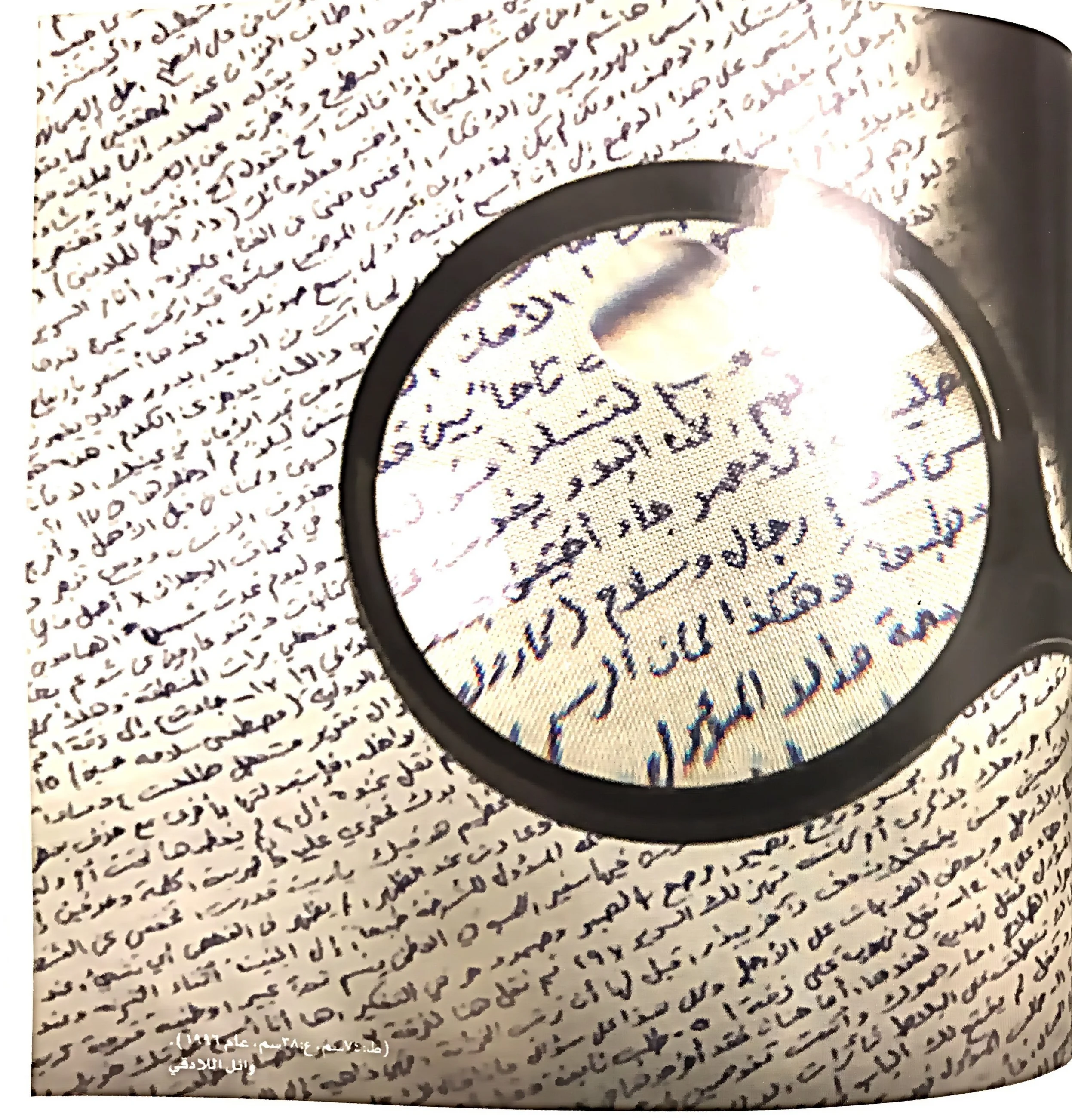
Two women, one imprisoned for her words and the other for her armed resistance. One a poet painting her reality behind bars, the other picking up poetry to keep her sanity. One was always engaged in her craft and the other self-identified as a bad poet, more interested in escaping confinement than honing a craft.
Dareen Tatour was arrested by Israeli police on October 11, 2015 for her poem “Resist My People, Resist Them” and for two Facebook posts. Souha Bechara was arrested in 1988, at the age of 21, for the attempted assassination of the head of the South Lebanese Army, a mercenary militia funded by Israel to maintain the occupation of south Lebanon.
Dareen Tatour spent three years in a combination of prison and house arrest before being released. Souha Bechara spent ten years in solitary confinement in the notorious Khiam prison and was released in 1998 after an intense Lebanese and European campaign.
Following are two poems: The first—by Dareen Tatour, written from Israeli prison in 2016. The second—written by Zein El-Amine some years before that, after a day spent interviewing Souha Bechara at her home in Beirut.
Zein El-Amine was born and raised in Lebanon. His poems have been published by Wild River Review, Foreign Policy in Focus, Beltway Quarterly, DC Poets Against the War Anthology, Penumbra, GYST, Joybringer, Folio, Ghostfishing: An Eco-Justice Poetry Anthology, and Citylit. His short stories have appeared in Uno Mas, Jadaliyya, Middle East Report, Bound Off, and more.
A Poet Behind Bars(By Dareen Tatour; Translation by Zein El-Amine)In prison I met people, |
شاعرة من وراء القضبانبقلم: دارين طاطور
|
How to Write a Poem, According to Souha Bechara
(Zein El-Amine)
Sit in their circle.
Don’t let your eyes linger
on any object in the room.
Extract yourself
from your body. Watch
the man with the hairy hands
describe the rape of your body
to the body. Watch him
as he begins to beat the body.
Focus on the arc
of your liberated lower molar
and make it everything:
try to guess where
it landed, crawl to it,
find it, save it for later.
Think about putting it back
in one day. Ignore
the wheeling of the cart.
Ignore the stripped cable
dangling above you.
Find the tooth.
Make solitary confinement
your longed-for-solitude.
Climb the walls:
Press your palms on one
wall, fingers pointed
to the ceiling. Press
your feet against the other
wall. Build pressure,
step up with one foot
and up with one hand.
Repeat until your back
touches the ceiling. Now
survey the room. Do this
once at mid-morning
and once at mid-afternoon.
Repeat daily. Do this
for a decade.
Make that crack
under your door
your world: lie down
and face the door; look
past the roaches,
fleas and lice
into the compressed light;
wait for it to be
interrupted. Study the soles
of your captors.
Match the voices
with the soles,
match the soles
with the names.
Catalog them:
the pigeon-toed,
the limping soles,
the canvas ones,
the wooden ones.
Delight at new soles.
Find a piece of graphite.
Separate your toilet paper
into plies. Stretch
your scroll on the floor.
Prostrate yourself.
Grab the graphite
between thumb
and forefinger.
It will feel crippling
at first, your words
will be undecipherable,
but you will
eventually write
your tiny words
with smooth curves.
Set your intentions.
Don’t think of meanings,
think of the time
it will take to write
your microscopic epic.
After all, this is about time
not about metaphors
or similes or such.
It’s about rhyme
and meter.
So limit hope to the word,
then extend it to the line,
then to the stanza,
then reach out for the
winding night.
Now write your first faint line.